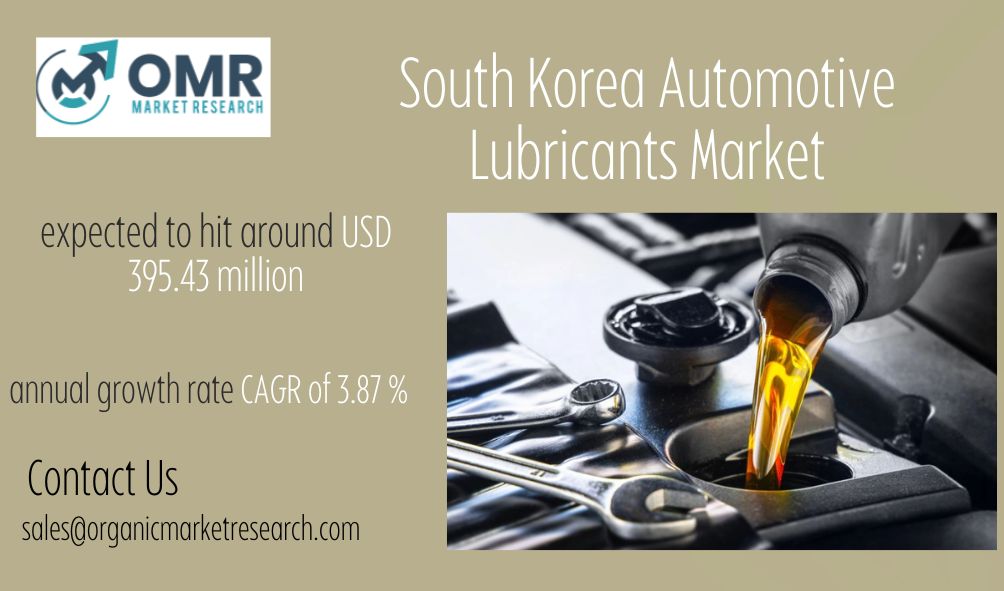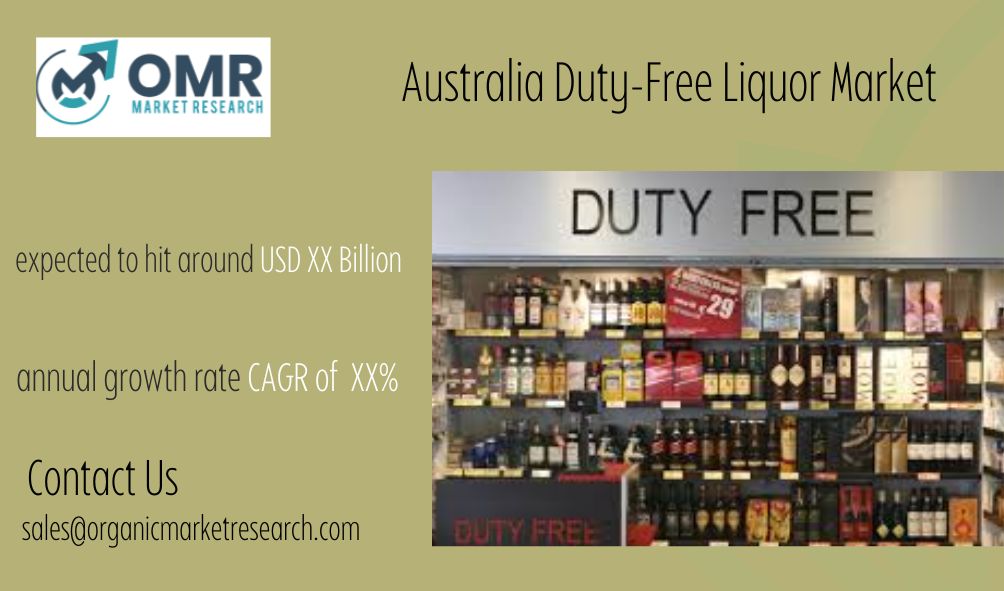South Korea Automotive Lubricants market size was USD 280.97 million in 2023 and the market is projected to touch USD 395.43 million by 2032, at a CAGR of 3.87 % during the forecast period. The automotive lubricants market produces oils and greases to reduce friction, heat, and wear between moving parts in vehicles like cars, trucks, and motorcycles. These lubricants are crucial for the smooth functioning and durability of engines, transmissions, and other mechanical parts. The market offers different types of lubricants such as engine oils, transmission fluids, gear oils, and greases, all designed to meet the unique needs of various vehicle systems.

Lately, the automotive lubricants market in South Korea has been growing progressively due to various reasons. The rise in the number of vehicles on the road, along with the increasing need for fuel-efficient and high-performance lubricants, has contributed to the market’s expansion. Furthermore, advancements in lubricant technology, including the creation of synthetic and semi-synthetic formulas, have improved the effectiveness and longevity of automotive lubricants, leading to further growth in the market. In addition, stringent government regulations on emissions and fuel efficiency have pushed car makers to search for lubricants that can enhance engine performance and lessen environmental harm, leading to a growing interest in advanced lubricant options.
South Korea Automotive Lubricants report scope and segmentation.
South Korea Automotive Lubricants dynamics
The automotive lubricants market in South Korea is influenced by many changing factors. One important factor is the ongoing advancements in vehicle technology, such as improvements in engine design and materials. As car makers work towards creating more efficient and high-performance engines, there is a growing need for special lubricants that can handle higher temperatures, pressures, and operating conditions. This presents an opportunity for lubricant companies to innovate and create new formulas to meet the demands of modern engines, leading to market expansion.
One important factor to consider is the evolving regulatory environment. South Korea, along with other nations, has put in place instructions to decrease emissions and enhance fuel efficiency. These regulations can be stringent on car makers, impacting the need for automotive lubricants. Companies producing lubricants must adjust to these guidelines by creating products that not only perform well but are also environmentally friendly. Furthermore, changes in consumer preferences towards eco-friendly and bio-based lubricants can affect the market, leading manufacturers to look into new formulations and ingredients.
South Korea Automotive Lubricants drivers
Urbanization and Infrastructure Development
The rapid growth of cities and construction in South Korea is helping the automotive lubricants market to expand. As more people live in cities and transportation systems get better, the need for lubricants to keep cars running smoothly goes up. Additionally, building new roads, highways, and areas for businesses leads to more trucks and buses on the road, increasing the need for lubricants in commercial vehicles.
Growing Vehicle Ownership
The automotive lubricants market in South Korea is experiencing growth due to the increasing number of vehicles on the roads. This rise in vehicle population is driving up the demand for lubricants used in maintenance and servicing. Additionally, factors like higher disposable incomes and evolving lifestyles are leading to a greater rate of vehicle ownership, especially in urban regions. This shift is not only fuelling the need for conventional lubricants but also opening up opportunities for specialized products designed for specific vehicle categories like passenger cars, commercial vehicles, and motorcycles.
- Restraints:
Environmental Regulations
Tough environmental regulations that aim to decrease emissions and support sustainability create obstacles for the automotive lubricants market. Regulations like emissions standards and limits on specific additives affect how lubricants are made and used, pushing producers to come up with more eco-friendly options. Following these guidelines makes product development and manufacturing more complicated and expensive, which could slow down market expansion.
Price Volatility of Raw Materials
The automotive lubricants market is affected by changes in the costs of raw materials, especially base oils and additives. Fluctuations in crude oil prices, geopolitical conflicts, and supply chain issues can result in unforeseen shifts in the expenses of raw materials, impacting the earnings of lubricant producers. Additionally, relying on imported raw materials makes the market vulnerable to fluctuations in currency exchange rates, intensifying price unpredictability and affecting profit margins.
- Opportunities:
Rising Demand for Electric Vehicles (EVs)
The rise in popularity of electric vehicles is opening up new possibilities for the automotive lubricants industry. Although EVs need less lubrication than traditional vehicles with internal combustion engines, there is still a market for specialized lubricants for parts like bearings, gears, and cooling systems. Furthermore, as electric vehicle technology advances, there is a growing demand for lubricants that can improve the performance and longevity of electric drivetrains. This creates a chance for lubricant companies to innovate and create products specifically designed for the unique requirements of electric vehicles.
- Segment Overview
By vehicle type, the South Korea Automotive Lubricants market is segmented into motorcycles, passenger vehicles, and commercial vehicles, each with distinct lubrication needs. Motorcycles typically require lubricants that can withstand high-speed operation and intense heat, making engine oils and greases crucial for maintaining performance and durability. There are many different types of passenger vehicles, like cars and SUVs that need different lubricants such as engine oils, transmission fluids, and greases to keep their engines and transmissions running smoothly. Commercial vehicles, like trucks, buses, and vans, have tougher needs and require specialized lubricants like hydraulic fluids, transmission and gear oils, and greases to help them perform well in harsh conditions.
By product type, the South Korea Automotive Lubricants market is segmented into hydraulic fluids, transmission and gear oils, engine oils, and greases, each serving specific functions in automotive applications. Hydraulic fluids are essential for powering hydraulic systems in vehicles, providing lubrication, heat transfer, and energy transmission. The importance of transmission and gear oils cannot be overstated regarding ensuring seamless gear shifting and effective power transfer in transmissions and gearboxes, ultimately enhancing the performance and longevity of vehicles. Engine oils are also essential lubricants that are well-known for their role in lubricating and safeguarding the moving parts of the engine, thus reducing friction, heat, and wear to extend the life of the engine and boost fuel efficiency. Additionally, greases are semi-solid lubricants that are utilized in a variety of automotive components like wheel bearings, chassis joints, and suspension systems, providing durable lubrication and shielding against corrosion and contaminants.
South Korea Automotive Lubricants market competitive landscape
The competitive landscape of the South Korea Automotive Lubricants market is marked by the presence of several prominent players competing for market share. Key multinational companies such as Shell, ExxonMobil, and BP operate alongside domestic leaders like SK Lubricants and GS Caltex, intensifying competition within the industry. These companies leverage their extensive distribution networks, brand reputation, and technological expertise to offer a diverse range of lubricant products tailored to meet the specific needs of different vehicle types and applications. Furthermore, collaborations with car makers, small repair shops, and stores help businesses boost their visibility and expand their customer base. Moreover, constant innovation is key to staying competitive, as firms invest in R&D to create cutting-edge lubricants that enhance engine efficiency, fuel economy, and eco-friendliness. As the industry advances, competition will only grow fiercer, prompting companies to prioritize unique products, strategic partnerships, and market expansion efforts to stay ahead in this ever-changing market.
South Korea Automotive Lubricants Recent Developments
- Feb 2024, SK Enmove Co., the lubricant subsidiary of South Korea’s leading refiner SK Innovation Co., reported sales of 7.2 million liters of EV lubricants last year.
- Dec 2023, HD Hyundai Oilbank Co. launched its EV lubricant brand, Hyundai XTeer EVF, joining its larger crosstown rivals in the EV lubricant sector. SK Enmove Co., a division of SK Innovation Co., led the charge in 2013 as South Korea’s pioneer in EV lubricants. Subsequently, GS Caltex Corp. and S-Oil Corp., the nation’s second- and third-largest oil refiners, respectively, introduced their own EV lubricant offerings in 2021.
- Jan 2022, ExxonMobil Corporation operates under three primary business divisions: ExxonMobil Upstream Company, ExxonMobil Product Solutions, and ExxonMobil Low Carbon Solutions.
South Korea Automotive Lubricants report segmentation
In case you don’t find what, you are looking for, please get in touch with our custom research team at
Latest Report
https://organicmarketresearch.com/europe-agricultural-microbials-market
https://organicmarketresearch.com/europe-electric-two-wheeler-market
https://organicmarketresearch.com/gcc-construction-machinery-market
https://organicmarketresearch.com/saudi-arabia-loan-aggregator-market
Contact Us
+91 9319642100
sales@organicmarketresearch.com
Noida One Tower Sec 62 Noida 201301
Website: https://organicmarketresearch.com












